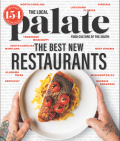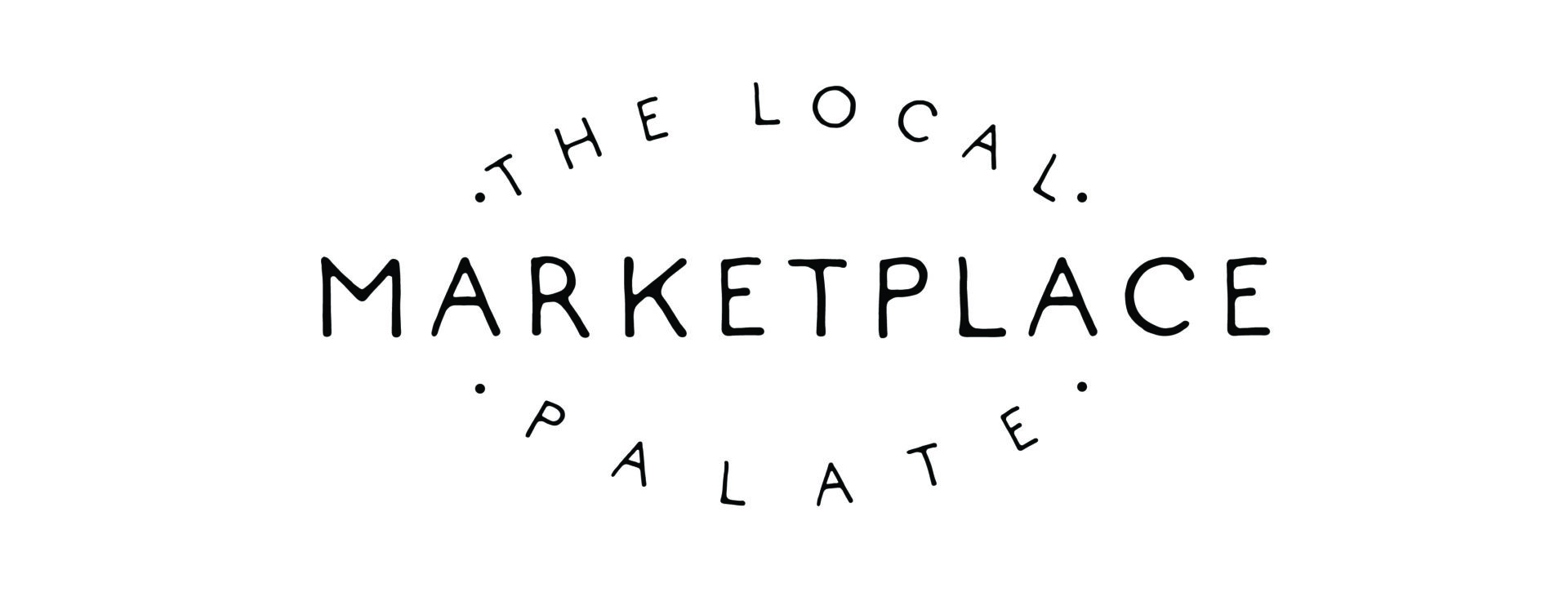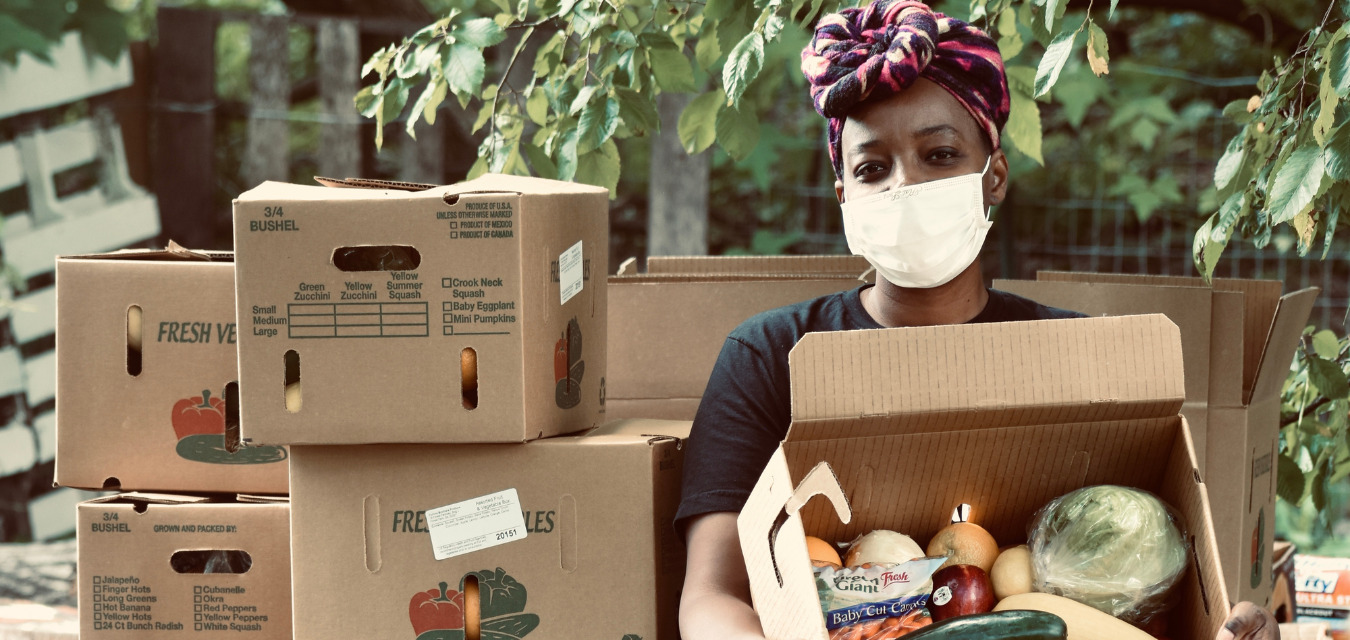Umi Feeds proves that zero-waste food practices and self-sufficient farming are just plain sense
Erica “Umi” Clahar is on a mission to reimagine Atlanta’s food system. Her thinking is this: Instead of throwing away perfectly good food, why not rescue it to feed our un-housed neighbors?
Atlanta’s rapid gentrification and displacement of low-income residents is worsened by the city’s longstanding trends in rising evictions, the loss of affordable housing units, and the ever-increasing rise in housing costs. Housing insecurity is interwoven with food insecurity, and with the 2017 closure of Atlanta’s largest shelter and the resulting rise in deaths by hypothermia, getting resources to unhoused Atlantans is more critical than ever. Umi Feeds does just that, redirecting excess food from events, retailers, and others and serving it to hungry Atlantans.
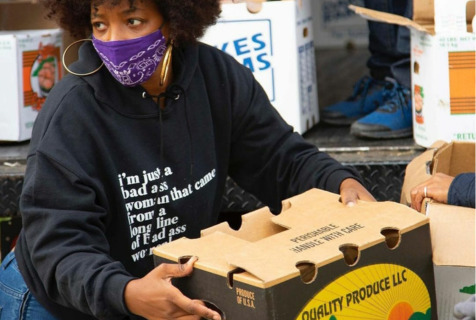
Clahar says Umi Feeds is critical to Atlanta because it sources food for vulnerable community members, then meets them where they are through mobile meals, eliminating transportation barriers to reaching a needed meal. She says, quite simply, “We are building community and spreading love through food.”
“Redirecting food from waste to people who needed it seemed like it made sense.”
Clahar is intentional about her role: “I consider myself a community steward, and my contribution is food. So I approach it as a community member would. I’m in the community. I’m accessible, and accessibility is everything in food insecurity and food waste. I can meet the need on both ends regarding the need for food and the ability to recover it.”
The mission to care for unhoused Atlantans is personal to Clahar: “My inspiration came early with seeing my aunt Nadia, also called ‘Ummi’ among family, in the same serving capacity with our unhoused population in New York City during the early ’90s.” Her calling became crystal clear 25 years later, while attending an event and seeing a lot of leftover food headed for the dumpster. Clahar sprang into action, bringing the food to Atlantans without housing in a nearby park.
“The vision was simple: See something, do something. I wasn’t trying to be a hero, but redirecting food from waste to people who needed it seemed like it made sense. I also wanted to show what one person could do if we band together. We started serving pizza to be able to feed people en masse. Now, we have transitioned to a focus on healthy and nutritious meals.”
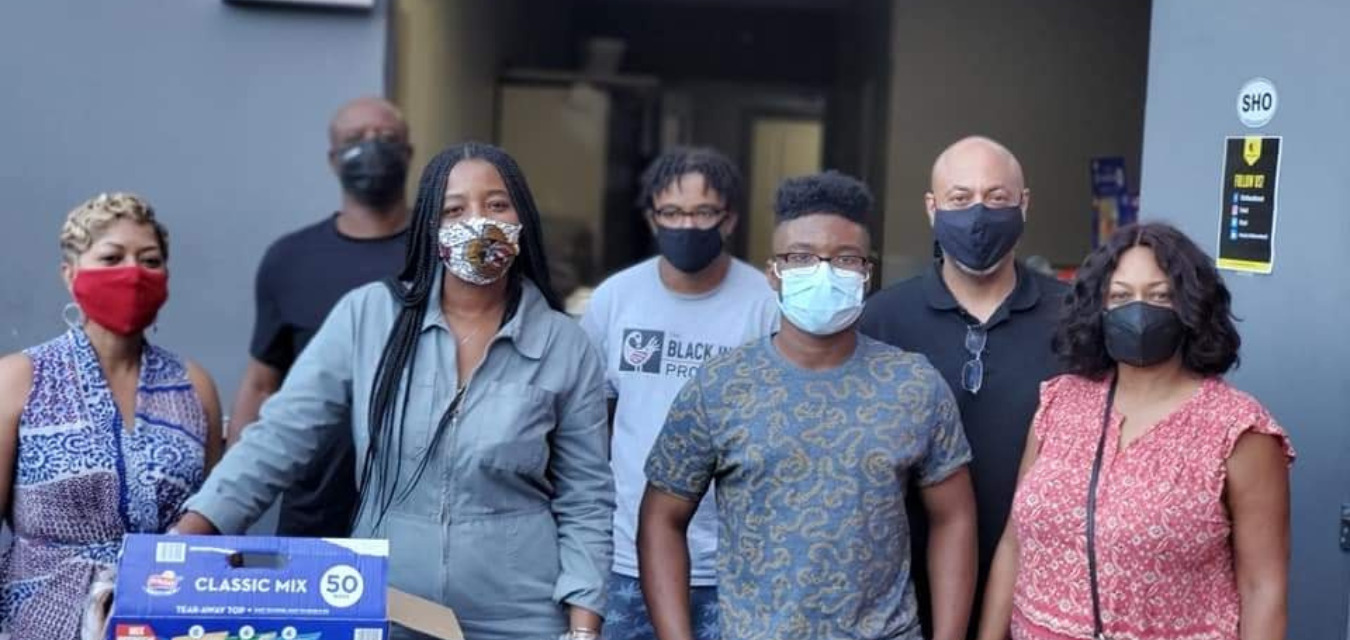
Those early food rescue missions set in motion her weekly mobile dinners, which bring hot, nutritious meals to the community where and when it’s needed. Since then, she has rescued 600,000 pounds of food, which is donated from events, restaurants, grocers, caterers, and other food providers, feeding more than 40,000 meals to more than 20,000 people. Most often, Umi Feeds serves people in South Fulton county, but they also work with elders and those transitioning from treatment facilities.
What started out with food rescues and dinners is growing into an ecosystem for food security. Clahar is a driving force behind Whitehall Terrace Community Garden, part of the AgLanta Growsa-Lot program, which provides five-year licenses for community gardens on vacant city lots, with the intention of reducing food insecurity and increasing access to fresh food. The garden acts as a pantry—and also as a resource for empowerment.
“Access to healthy foods is a crucial component of food insecurity,” Clahar says. “If you provide the tools and equip folks with how to use the tools, you’ve just helped a community. We all know the saying about teaching a man to fish. Now that person can share their knowledge base with someone else. We’re also connecting and reconnecting folk back to the land. Through farming and growing practices, we were self-sufficient. We need to get back to that or learn it.”
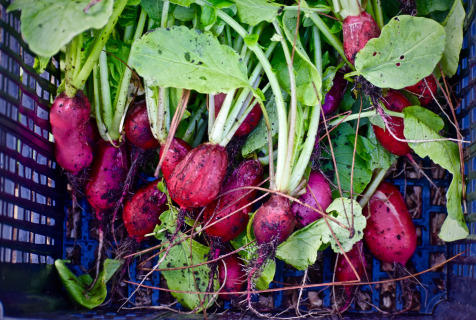
She’s inspired to continue growing Umi Feeds because she recognizes that food is a human right. “There’s a direct correlation between diet and productivity. Eating well enhances self-confidence and productivity, which improves earning potential. Georgia is among the highest in wealth inequality, so naturally, food insecurity would follow. Hunger and inadequate nutrition lead to stress, disease, and unnecessary and premature death.”
Clahar has big plans for the future, too: “My goal is for Umi Feeds to grow into a zero-waste organization. I want to expand my partnerships. I hope to see Umi Feeds with a retail space that serves as a communal space for people to shop, learn, grow, and gather in food.”
In addition to supporting community food organizations, Clahar encourages everyone to “be mindful when you shop. Only buy what you will use. Consumers are the biggest culprits of food waste. Take regular inventory of the foods you’re not using; donate them to a free fridge, any mutual aid projects, or your local pantry such as Umi Feeds.”
share
trending content
-
Long Live Oyster Season at Darling Oyster Bar
by TLP's Partners -
Recap: TLP x Charleston Wine + Food
by TLP Editors -
Exploring Mississippi: A Quintessential Southern Experience
-
Recipes From Our Summer Issue
by TLP Editors -
Elevate Your AWESOME with an Alpharetta Music Getaway
by TLP's Partners
More From In the Field
-
Oyster Shell Recycling for a Coastal Cure
-
Dine Diaspora Empowers Culture and Food
-
Growing the Gardens of the Future
